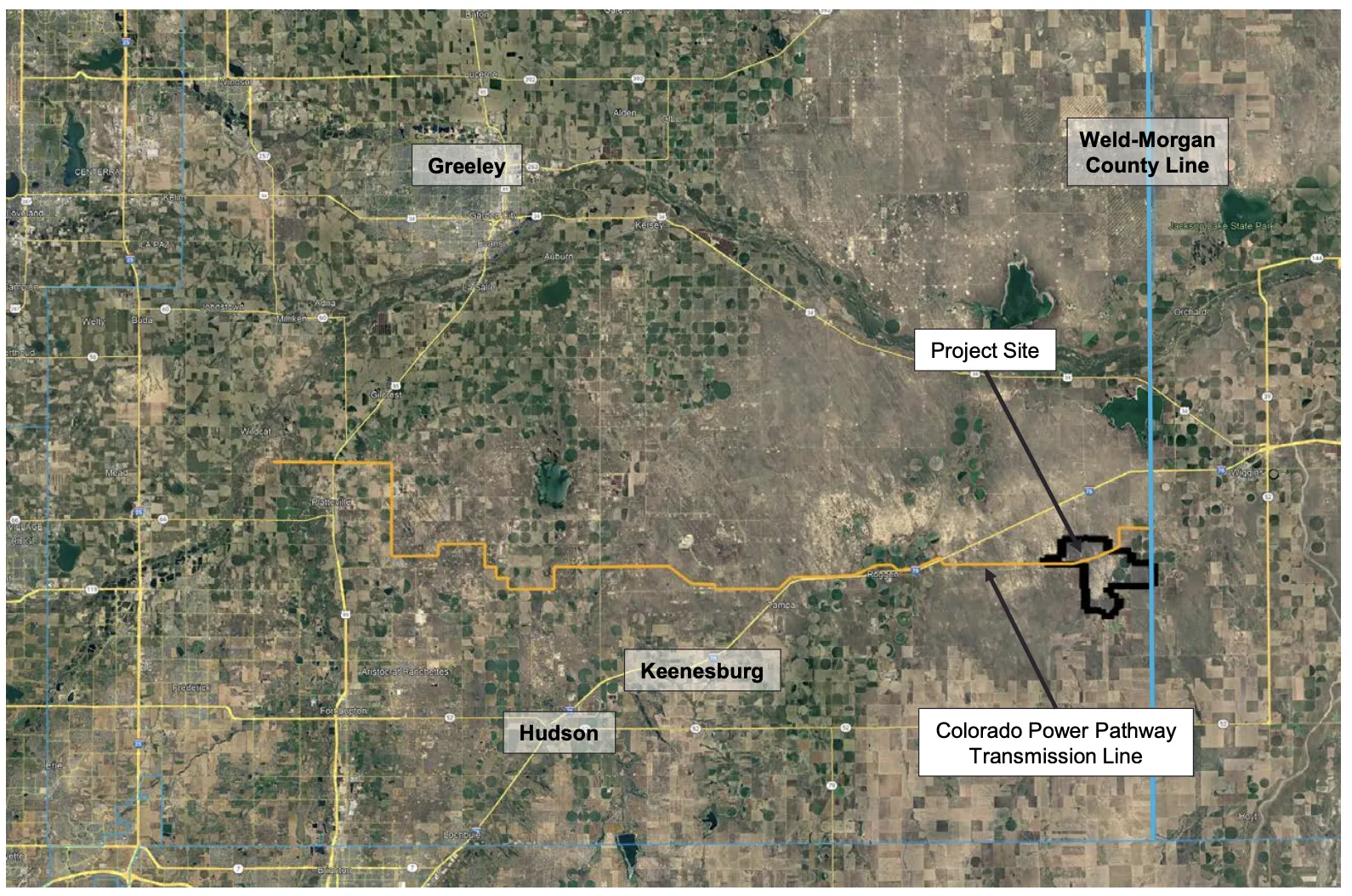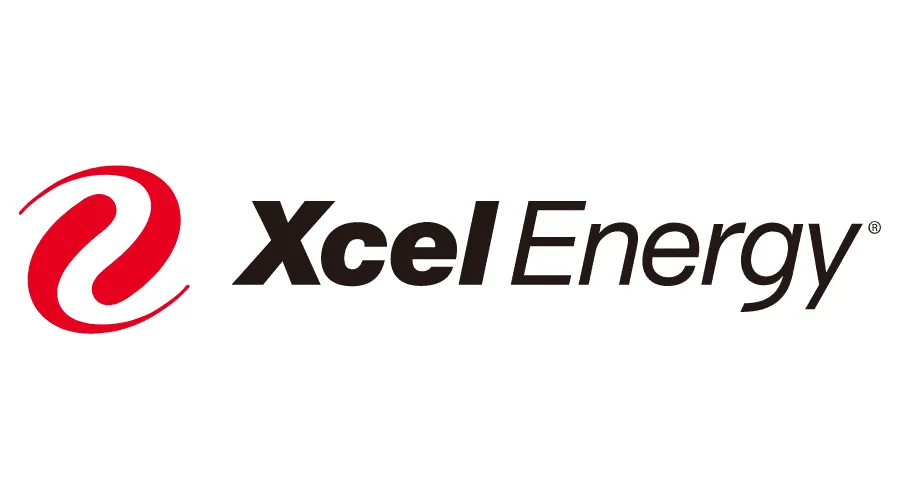FERC rules Tri-State to halt discrimination in solar program
This story has been updated to include comments from Tri-State.
BRIGHTON — The Federal Energy Regulatory Commission has issued four preliminary rulings in cases involving United Power and the Tri-State Generation and Transmission Association. Three of the rulings were in favor of United Power.
In a statement released after the initial ruling, United Power president and CEO Mark Gabriel said the decisions would positively affect more than just United Power.
“These rulings are significant as they will provide long term benefits to all Tri-State members and their rate payers, in identifying and controlling system costs and assuring the costs are allocated to those…
THIS ARTICLE IS FOR SUBSCRIBERS ONLY
Continue reading for less than $3 per week!
Get a month of award-winning local business news, trends and insights
Access award-winning content today!




